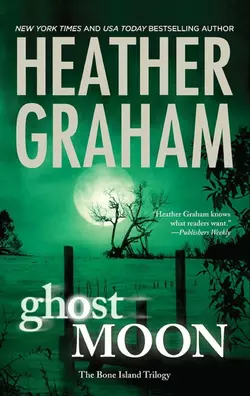Ghost Moon

Heather Graham
Тип: электронная книга
Жанр: Современная зарубежная литература
Язык: на английском языке
Стоимость: 382.20 ₽
Статус: В продаже
Издательство: HarperCollins
Дата публикации: 16.04.2024
Отзывы: Пока нет Добавить отзыв
О книге: Reclusive collector Cutter Merlin is seldom seen in Key West—lately, not at all.Officer Liam Beckett visits Merlin′s curious house and discovers the gentleman in his study. In his death grip: a volume of occult lore and a reliquary. His eyes are wide with fright, his mouth a horrified rictus where spiders now dwell.Kelsey Donovan returns to the old house to catalog her estranged grandfather′s collection of artifacts and antiquities, vowing to see his treasures divested properly. But she cannot ignore the sense that she′s being watched, the reports of malevolent black figures, the pervasive smell of death. Is the Merlin house haunted, even cursed?Liam knows well that some ghost stories are true and he swears to protect Kelsey. But there are forces at work for whom one more life is a pittance to pay for their deepest desire. . . .